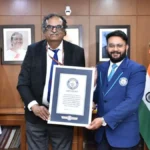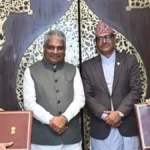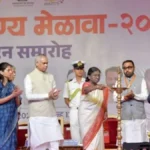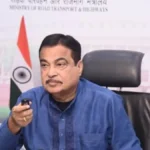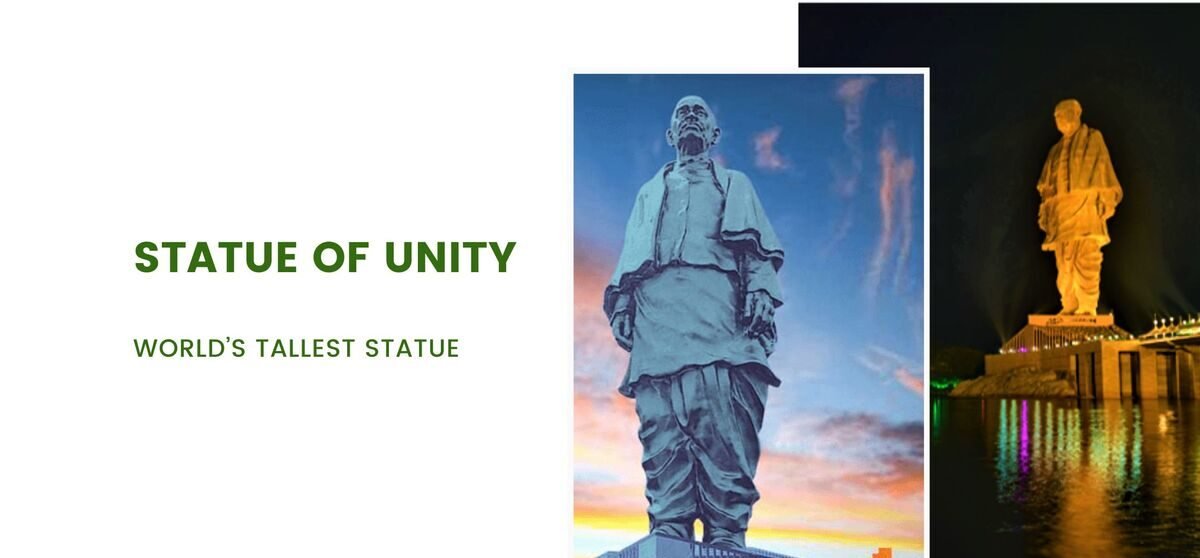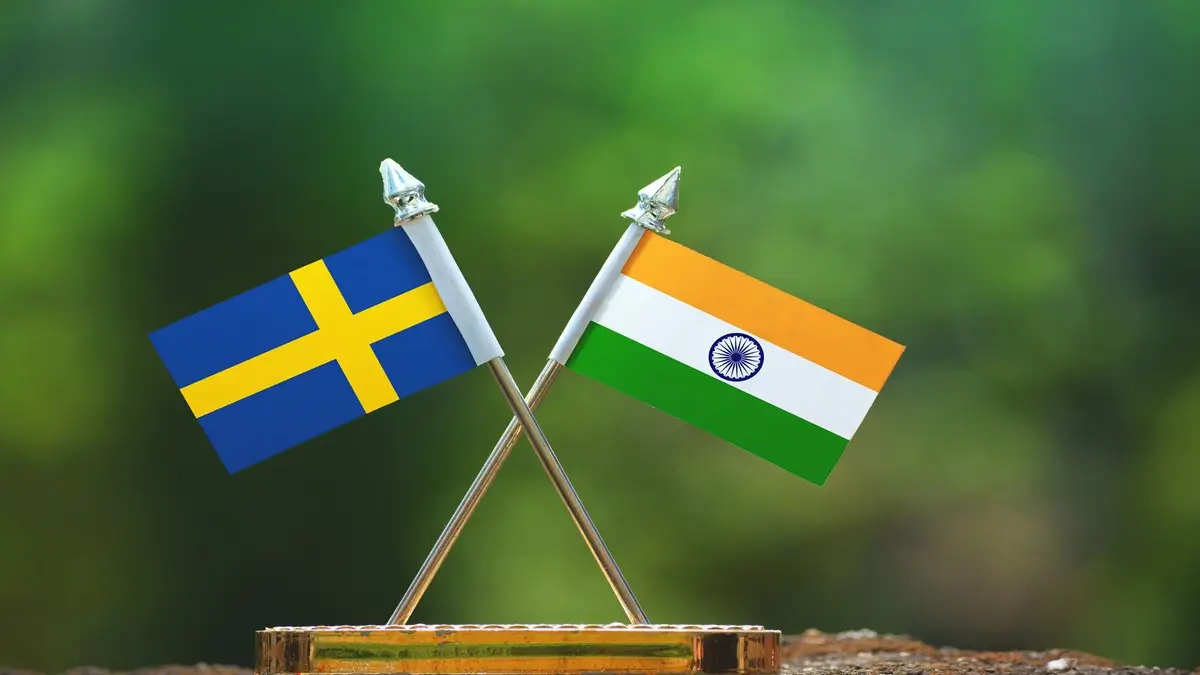Commemoration of Sardar Patel’s 150th Birth Anniversary
Introduction to Sardar Patel’s Legacy
The nation recently celebrated the 150th birth anniversary of Sardar Vallabhbhai Patel, a pivotal figure in India’s struggle for independence and the first Deputy Prime Minister and Home Minister of India. Known as the “Iron Man of India,” Patel played a crucial role in uniting over 500 princely states into a single nation post-independence. His vision of a united India continues to inspire generations, making this commemoration a significant event for both historical remembrance and national pride.
Ceremonies and Events
The commemoration included various ceremonies and events across the country, highlighting Patel’s contributions to nation-building. Prime Minister Narendra Modi paid tribute at Patel’s statue in Ekta Nagar, Gujarat, where a series of activities were organized to honor his legacy. Educational institutions and government bodies also organized discussions, seminars, and cultural programs to raise awareness about Patel’s vision for India.
Significance of Patel’s Vision
Sardar Patel’s vision extended beyond mere political unification; he aimed for social harmony and economic progress. His policies laid the groundwork for modern India’s administrative structure and democratic governance. By instilling a sense of national identity, Patel emphasized the importance of collective effort in nation-building. His contributions to the Indian National Congress and later as a statesman are invaluable, and recognizing them reinforces the need for unity and resilience in contemporary India.
Encouraging National Unity and Integrity
This commemoration serves as a reminder of the values Patel stood for—unity, integrity, and patriotism. It encourages citizens, especially the youth, to embrace these ideals in their daily lives and contribute positively to society. Educational initiatives surrounding this event are aimed at instilling a sense of responsibility and understanding of India’s diverse cultural fabric.
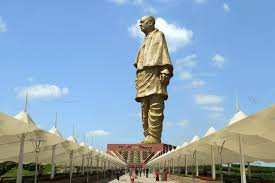
Why This News is Important
Honoring a National Icon
The commemoration of Sardar Patel’s 150th birth anniversary is essential as it honors a national icon who played a foundational role in shaping modern India. Recognizing his contributions fosters a sense of pride and reinforces the values he embodied.
Promoting National Integration
In today’s fragmented world, Patel’s message of unity is more relevant than ever. Commemorative events help in promoting national integration and understanding among diverse communities, thereby strengthening the social fabric of the nation.
Educational Initiatives
The celebrations included various educational initiatives aimed at raising awareness about Patel’s life and contributions. This is crucial for younger generations to understand their history and the importance of unity in diversity.
Inspiring Future Generations
Sardar Patel’s life story serves as an inspiration for aspiring leaders and citizens alike. By commemorating his achievements, the nation encourages the youth to follow in his footsteps and strive for a cohesive and prosperous India.
Reinforcing Civic Responsibility
This commemoration emphasizes the importance of civic responsibility and encourages citizens to actively participate in nation-building efforts, aligning with Patel’s vision of a united India. It reminds everyone of their role in contributing to the welfare of the nation.
Historical Context
Background of Sardar Patel
Sardar Vallabhbhai Patel was born on October 31, 1875, in Gujarat. He was a prominent leader in the Indian independence movement against British rule. Patel’s legal training and political acumen allowed him to effectively negotiate with both the British and princely states. His contributions to the Indian National Congress, particularly during the 1930s and 1940s, were pivotal in mobilizing masses for the freedom struggle.
Post-Independence Role
After India gained independence in 1947, Patel faced the monumental task of integrating the princely states into the newly formed nation. Through tactful diplomacy and firm decisions, he successfully united over 500 princely states, ensuring a stable political landscape. His efforts in shaping the Indian administrative system and addressing communal tensions were critical during this formative period.
Legacy and Recognition
Sardar Patel’s legacy is commemorated through various institutions, awards, and monuments, including the Statue of Unity, which stands as the tallest statue in the world. His vision for a united India is not just a historical event but continues to resonate in contemporary discussions about national identity and governance.
Key Takeaways from the Commemoration of Sardar Patel’s 150th Birth Anniversary
| Serial No. | Key Takeaway |
|---|---|
| 1 | Sardar Patel played a crucial role in uniting India post-independence. |
| 2 | His contributions laid the groundwork for modern India’s political structure. |
| 3 | Commemorative events aimed at promoting national unity and civic responsibility. |
| 4 | Educational initiatives focused on instilling Patel’s values in the youth. |
| 5 | The legacy of Sardar Patel continues to inspire future generations for nation-building. |
Important FAQs for Students from this News
1. Who was Sardar Vallabhbhai Patel?
Sardar Vallabhbhai Patel was a prominent leader in India’s struggle for independence and the first Deputy Prime Minister and Home Minister of India. He is known as the “Iron Man of India” for his role in uniting the country post-independence.
2. Why is the 150th birth anniversary of Sardar Patel significant?
The 150th birth anniversary is significant as it commemorates Patel’s immense contributions to India, particularly in national integration and governance, and reinforces the values of unity and patriotism.
3. What events were held to commemorate Sardar Patel’s anniversary?
Various events were organized, including ceremonies led by Prime Minister Narendra Modi, educational discussions, seminars, and cultural programs to honor Patel’s legacy across the country.
4. How did Sardar Patel contribute to India’s integration?
Sardar Patel played a critical role in integrating over 500 princely states into the Indian Union through diplomacy and decisive action, ensuring political stability in the newly independent nation.
5. What lessons can be learned from Sardar Patel’s life?
Patel’s life teaches the importance of unity, resilience, and civic responsibility. His vision encourages individuals, especially the youth, to contribute positively to society and nation-building efforts.
Some Important Current Affairs Links






